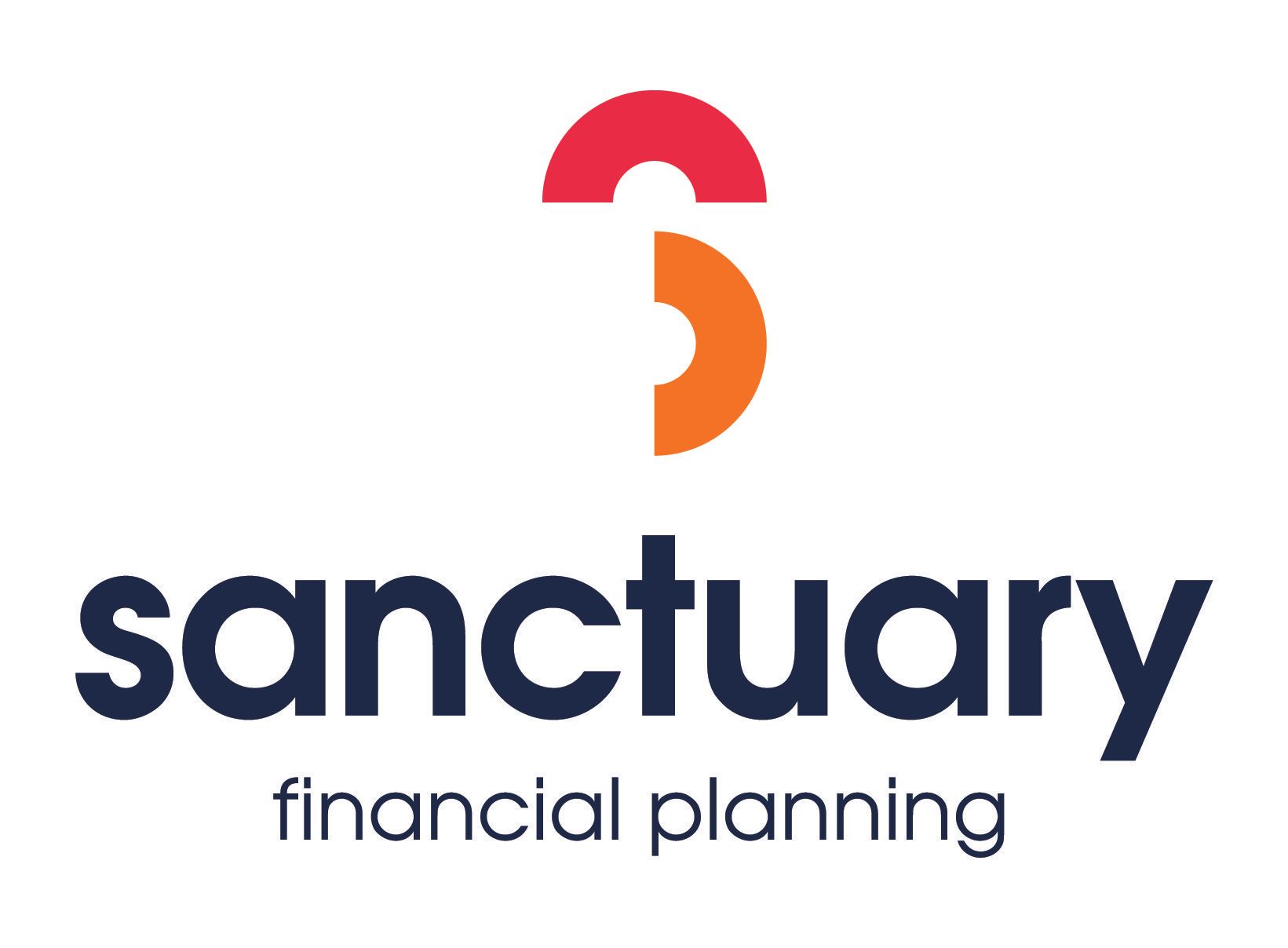Can I Change My Buy-to-Let Mortgage to Residential?

The question of whether you can switch from a buy-to-let (BTL) mortgage to a residential one is one that many property owners may find themselves pondering. Whether due to changes in personal circumstances, or a desire to return to living in your investment property, understanding the possibilities and implications of such a switch is crucial. This blog explores the key considerations, the process involved, and how to make the transition as smooth as possible.
Understanding the Difference
Firstly, it's important to grasp the fundamental differences between a buy-to-let and a residential mortgage. A BTL mortgage is specifically designed for properties that will be rented out to tenants, while a residential mortgage is for properties in which you intend to live. The eligibility criteria, interest rates, and terms and conditions vary significantly between the two, reflecting the different levels of risk perceived by lenders.
Reasons for Switching
The reasons for wanting to switch from a BTL to a residential mortgage can vary widely. Perhaps you originally purchased a property as an investment but now wish to move back in. Alternatively, your financial situation may have changed, making living in the property a more viable option. Whatever the reason, it's important to approach the switch with careful consideration.
The Process
Switching from a BTL to a residential mortgage involves several steps and considerations:
- Permission from Your Lender: The first step is to contact your current mortgage lender to discuss the possibility of changing your mortgage type. Some lenders may allow the switch under certain conditions, while others may not permit it at all.
- Affordability Assessments: For a residential mortgage, you will need to pass a different set of affordability tests compared to a BTL mortgage. This often includes proving your income, credit history, and employment status to ensure you can keep up with the mortgage repayments.
- Potential Costs: Be aware that switching mortgage types may incur costs, such as early repayment charges, administration fees, or a higher interest rate. It's essential to factor these into your decision.
- Legal and Tax Implications: Changing the use of your property may have legal and tax implications, including changes in stamp duty, capital gains tax, and your tax position on rental income. It's advisable to seek professional advice to fully understand these implications.
Seeking Professional Advice
Given the complexities involved in switching from a BTL to a residential mortgage, seeking professional advice is highly recommended. Mortgage advisors can provide tailored advice based on your specific circumstances and help navigate the transition.
While changing a buy-to-let mortgage to a residential one is possible, it requires careful consideration and planning. Understanding the process, costs, and implications is vital to ensure the switch aligns with your financial and personal objectives. If you're considering making such a change, or if you need guidance on any aspect of your mortgage, don't hesitate to reach out to Sanctuary. Our team of experts is here to support you every step of the way, ensuring you make informed decisions about your property and mortgage.
Ready to explore your options or need more information? Contact us at Sanctuary today to discuss how we can assist you in transitioning from a buy-to-let to a residential mortgage seamlessly. Let us help you make your property work best for you.




